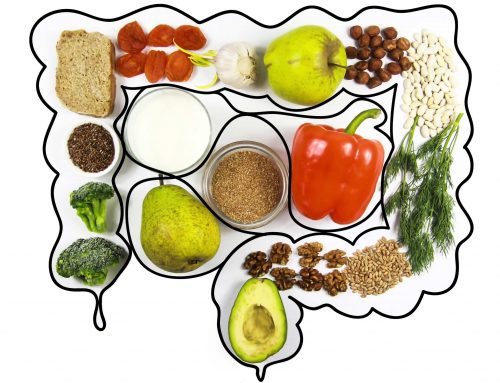 Calcium is one of the most abundant minerals in your body. Most people associate calcium with strong bones but it does more than that. While building strong bones is one of the main benefits of calcium, it also helps fight fat and heart disease.
Calcium is one of the most abundant minerals in your body. Most people associate calcium with strong bones but it does more than that. While building strong bones is one of the main benefits of calcium, it also helps fight fat and heart disease.One of the ways that calcium helps fight fat is that in order to meet your daily requirements of calcium the foods one needs to eat have extremely high nutritional values. There are lots of sources of calcium that are non-dairy. The more non-dairy sources you can consume the better. Our bodies aren’t designed to bread down dairy products, so consuming too much cheese, milk and other dairy products can be hard on the body.
By focusing on increasing your calcium intake you naturally make better choices about food. According to the Office of Dietary Supplements, calcium rich foods help the body block absorption of fat. By blocking the absorption of fat the body doesn’t produce plaque that causes heart disease. Diets high in calcium are easy ways to help fight heart disease and obesity.
The chart below lists the Daily Recommendations for Calcium intake by age and gender.
Recommended Calcium Intake (Office of Dietary Supplements)
|
Age
|
Male
|
Female
|
Pregnant
|
Lactating
|
|
0–6 months
|
200 mg
|
200 mg
|
||
|
7–12 months
|
260 mg
|
260 mg
|
||
|
1–3 years
|
700 mg
|
700 mg
|
||
|
4–8 years
|
1,000 mg
|
1,000 mg
|
||
|
9–13 years
|
1,300 mg
|
1,300 mg
|
||
|
14–18 years
|
1,300 mg
|
1,300 mg
|
1,300 mg
|
1,300 mg
|
|
19–50 years
|
1,000 mg
|
1,000 mg
|
1,000 mg
|
1,000 mg
|
|
51–70 years
|
1,000 mg
|
1,200 mg
|
||
|
71+ years
|
1,200 mg
|
1,200 mg
|
Calcium deficiency is a serious concern for many. Inadequate amounts of calcium can lead to osteoporosis and weakening of the bones. This leads to an increase risk for bone fractures especially in the elderly. Some groups at risk for calcium deficiency include post-menopausal women, people with lactose intolerance or milk allergies, as well as vegetarians.
The more non-dairy sources you can stick with when it comes to calcium, the better. Non-dairy sources of calcium include spinach and broccoli. You can also take calcium supplements. Make sure you talk to your doctor or a registered dietitian before starting any new vitamins or supplements. Many medications lead to calcium deficiencies or have interactions with calcium supplements.




